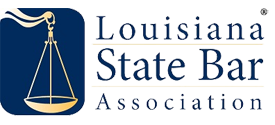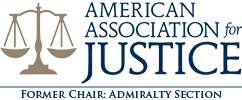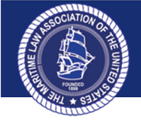Our civil justice system gives private citizens who have been harmed the right to make a tort claim for damages and have a judge or jury decide their case.
Just as you can take a person to court for what they owe you under a contract, you can also ask the court to make someone who harmed you pay for the damage they caused through a civil liability lawsuit.
A civil liability lawsuit is also called a “tort.”
Positive changes prompted by civil actions
Making corporations accountable for their harmful products and procedures encourages responsible behavior and safety improvements. Nursing homes changed their policies to better protect elderly patients because of lawsuits brought by families whose loved ones were injured or died because of lack of proper care.
Product improvements such as automobile fuel tank redesigns, rear- seat shoulder restraints in cars and flame-retardant pajamas came about because of tort claims filed against manufacturers whose products caused harm.
Dangerous pharmaceuticals and medical devices were removed from the marketplace to protect patients.
Guards and emergency shut-off features were added to heavy machinery to protect workers from loss of limb or life in jobsite accidents.
Holding companies responsible for the damage caused by their products and services creates a financial incentive to make products safer and results in environments that are not dangerous to workers and the public.
The Economic Policy Institute is a nonprofit, nonpartisan think tank that focuses in economic policy discussions on the needs of low- and middle-income workers. In a 2005 report, EPI said that “virtually every study conducted, covering a variety of consumer products, shows that the quality, variety, and safety of products made in the United States has improved dramatically in recent decades, in large measure as a result of the tort system.”
Although government regulations are one way to deter business conduct that puts people at risk, government agencies cannot fully protect the public from dangerous decisions in the private sector. Regulations also require additional bureaucracy to set rules and review complaints, additional tax money to pay for enforcement, and more paperwork for businesses.
The civil justice tort system puts power in the hands of private individuals. This not only allows affected citizens to recover for the harm done to them, but it also encourages businesses to act responsibly to design safer products, reduce hazards in the workplace, and create safer environments for everyone.









